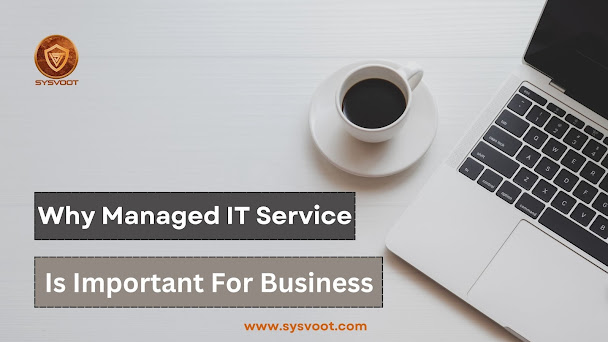What Is Saas Model? Advantage and Benefits
What Is Saas
SaaS (Software as a Service) is a software delivery model in which software is hosted by a third-party provider and made available to customers over the internet. SaaS is a type of cloud computing and is also known as "on-demand software." With SaaS, customers can access and use software applications and services through a web browser or a mobile app, without having to install or maintain them on their own computers or servers. SaaS is commonly used for customer relationship management (CRM), enterprise resource planning (ERP), and other business-critical applications. Some examples of SaaS include Microsoft Office 365, Salesforce, and Zoom.
Benefit of SaaS:-
SaaS (Software as a Service) Offers Several Benefits, Including:
Cost-effective: SaaS eliminates the need for businesses to invest in expensive hardware and software, as all necessary resources are provided by the SaaS provider.
Scalability: SaaS allows businesses to easily scale up or down their usage as needed, which helps to keep costs in line with usage.
Accessibility: SaaS can be accessed from anywhere, as long as there is an internet connection. This allows employees to work remotely and collaborate from different locations.
Automatic updates: SaaS providers are responsible for maintaining and updating the software, which eliminates the need for businesses to invest in IT resources to do so.
Security: SaaS providers typically have a team of experts responsible for ensuring the security of the software and the data it stores.
Integration: Many SaaS applications can integrate with other software and services, which can help to streamline business processes and increase efficiency.
Conclusion
In conclusion, SaaS (Software as a Service) is a popular and cost-effective way for businesses to access and use software applications and services. It eliminates the need for businesses to invest in expensive hardware and software, and allows for easy scalability, accessibility, and automatic updates. SaaS providers are responsible for maintaining and updating the software and ensuring its security, which reduces the burden on businesses' IT resources. Additionally, many SaaS applications can integrate with other software and services, which can help to streamline business processes and increase efficiency. Overall, SaaS can provide a number of benefits for businesses of all sizes.




Comments
Post a Comment